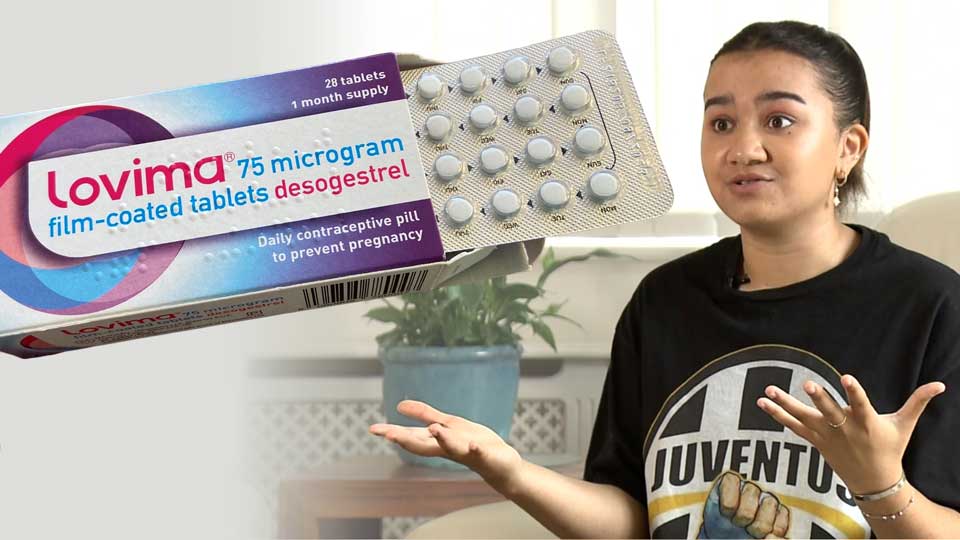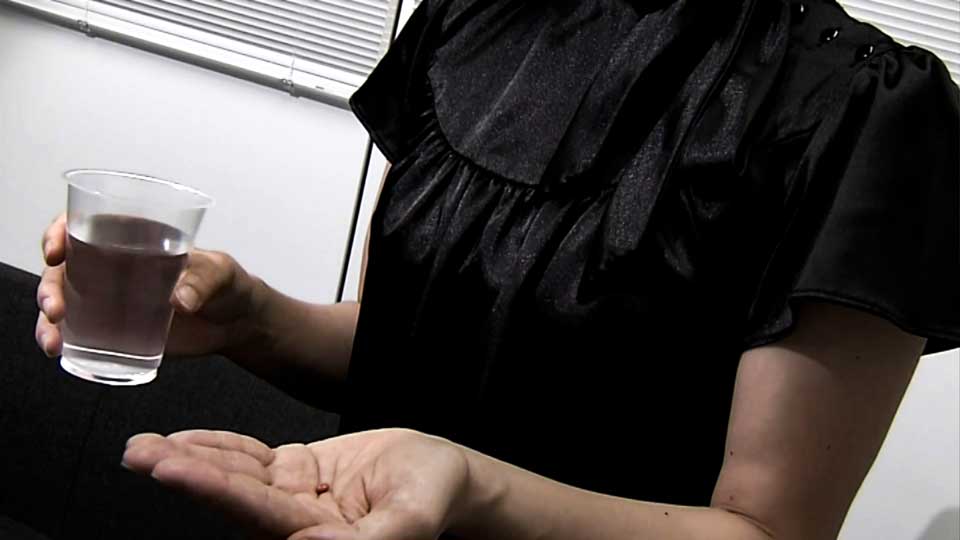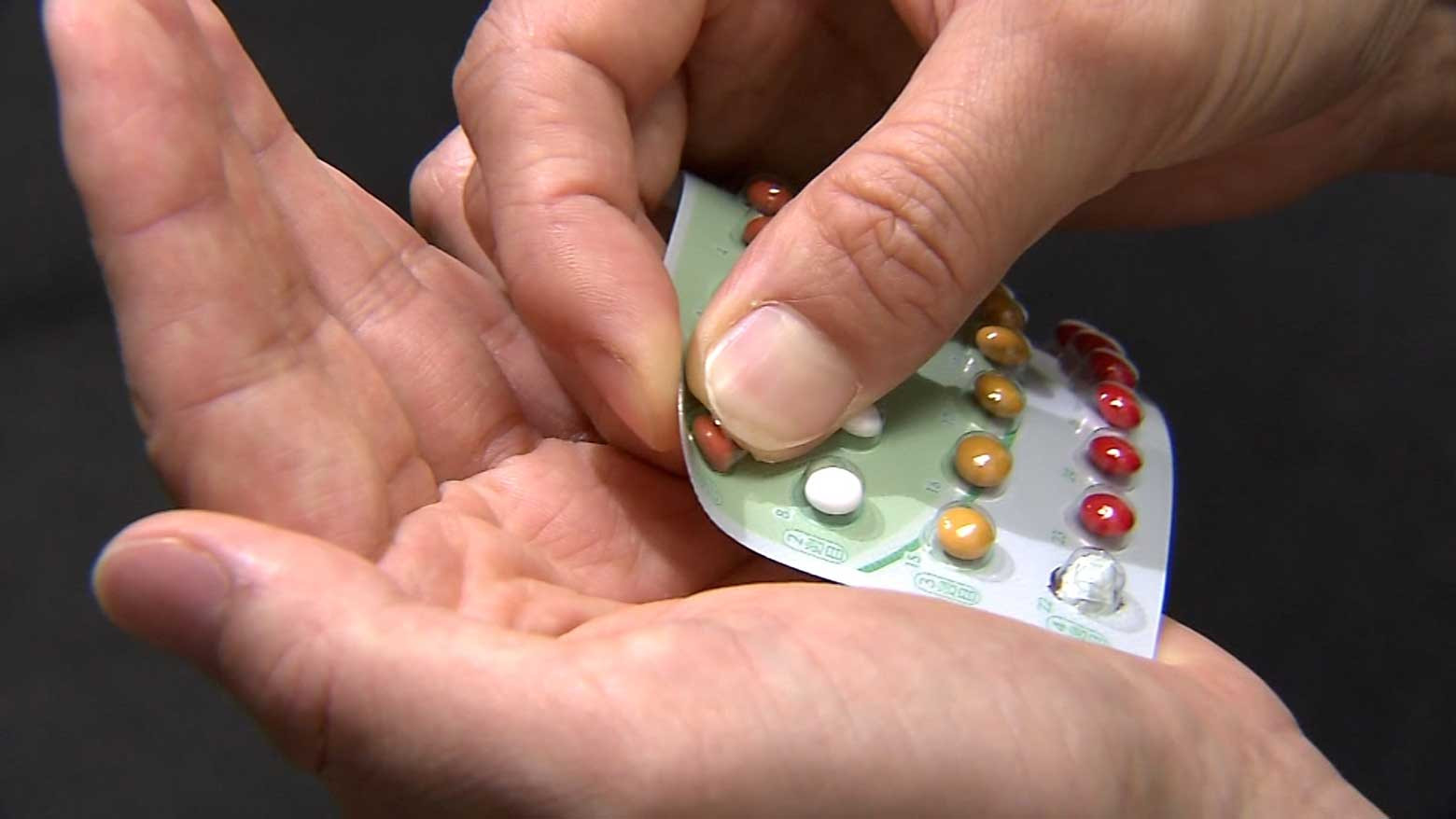Removing barriers
Authorities in France recently announced that some forms of contraception, including the standard pill, will be free of charge for women aged 25 or younger. The UK's National Health Service already offers free contraception to ensure equal access regardless of income, but until this year contraceptive pills required a prescription from a doctor.
That involved an in-person appointment that many people regarded as inconvenient and obstructive. Dr. Emma Chan of the School of Sexuality Education in the UK says the prescription system put up a barrier. Some women did not want to skip work to attend a doctor's appointment. And there were often delays in securing an appointment, a situation exacerbated by the coronavirus pandemic. The decision to lift the prescription requirement followed a safety review and public consultation.

Student Cianna Rainsford-Small, 19, welcomes the new system. "Being able to get that over the counter is so beneficial, because instead of waiting for such a long time and relying on the doctors or nurses, it relieves the pressure on them and puts control in your own hands, which is quite empowering as a woman," she says.
Japan's reliance on condoms
Women in Japan deal with an entirely different set of circumstances. The pill was only legalized in 1999 and the main form of contraception remains the condom. Responsibility for their use falls on the male partner.
There is less awareness among both sexes in Japan about the different contraception methods available and because the pill is not covered by national insurance, it is costly: up to about $35 a month.
A 46-year-old Japanese woman who asked not to be identified says she has had two unwanted pregnancies. Her partner didn't want to use a condom and she felt unable to insist. The first time she had an abortion.
Her second pregnancy came after she provided a condom to her partner but he would not use it. She decided against another abortion and kept the baby.
"Even though it's my life, I am not the one who has to put the condom on," she says. "It's very frustrating."
Her experience is a common one. A poll of women in Japan last year by women's healthcare firm LunaLuna found 52 percent of respondents had unsuccessfully asked their partner to use contraception.

Forces for change
In 2016, the British Pregnancy Advisory Service (BPAS) found that the price of the morning-after pill in the UK was up to five times higher than in France. It launched a campaign called "Just Say NON" to pressure pharmacies to lower the cost of emergency contraception in Britain.
Two major retailers decided to lower the price of their emergency contraception. Boots, the UK's biggest chain, held out, saying it would "incentivize inappropriate use", but after public and political pressure, it too slashed the price of the drug by about half.

BPAS Associate Director of Communications and Campaigns Katherine O'Brien says access to emergency contraception is important. "Stigma can prevent women accessing the care they need," she explains. "One in three women in the UK will have an abortion in their lifetime, so we all know someone who had an abortion, but it's not talked about."
Awareness, education, access
Doctor Anne Connolly, chair of the Primary Care Women's Health Forum, an organization that supports healthcare professionals in the UK, says women are having greater difficulties accessing contraception during the coronavirus pandemic. She says this has led some women to have abortions they wouldn't normally need.
She sees the minipill declassification in the UK as a step forward: "It is the woman who has to carry the consequences of any unplanned pregnancy, and there's an inequality in that."
Connolly believes women should have the right to free contraception they can manage themselves, including the pill, the minipill and emergency contraception.
Broadening women's access to contraception comes from both lowering its cost and improving the ease of access. While the UK and others are working towards that goal, women in countries like Japan face resistance.

